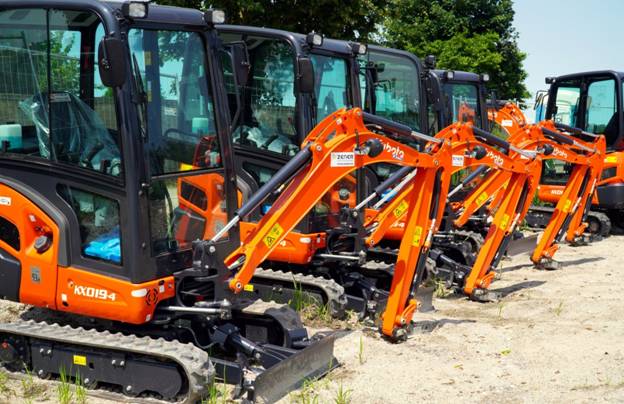Are you looking for the correct type of equipment for excavating? Before you start bidding on excavation jobs, you need the proper equipment. Many construction projects involve digging and scooping dirt and other materials. It’s often one of the most crucial aspects of a job site.
Having the correct type of equipment will make your business look reputable, especially for people who have never used your services before. You can only do this if you find the right people and equipment to do the job.
Here’s a look at the best excavation equipment and what you need.
Assess Your Project Requirements
Before you buy excavation tools, you should think carefully about what your projects need. Think about how big, complicated, and different your typical jobs are.
Consider the depth and width of the digs, the type of ground you’ll be working on (rocks, mud, etc.), the amount and type of materials to be dug up, and any challenges or restrictions specific to your projects.
Understand Different Types of Excavation Equipment
Learn about the different kinds of excavation tools on the market before buying excavation equipment. Excavators are versatile tools that can dig and lift with a hydraulic arm and a platform that can turn. Backhoes have a front loader and an excavator on the back for cutting and loading.
Bulldozers are great for moving and clearing a lot of dirt or trash. Trenchers are trained to dig deep, narrow ditches. Loaders are used to move things over short distances, while skid steer loaders are easy to carry in tight areas because they are small.
Consider Equipment Versatility
Versatility is crucial for maximizing the utility of your equipment, including when searching for a hydrovac truck for sale. Look for machines that can handle multiple tasks, reducing the need for additional equipment.
For example, an excavator or backhoe with various attachments like buckets, hammers, rippers, and grapples can perform multiple functions, including digging, loading, demolition, and lifting.
Evaluate the Size and Capacity
The equipment should be the right size and amount for your job. Consider the size of the excavations you usually see, like how deep and wide the ditches are or how much dirt needs to be moved.
Also, check the site’s conditions and any space restrictions that might make moving the equipment or getting to it hard. If you choose tools that fit within these guidelines, you’ll be more productive and get more done.
Assess the Equipment’s Power and Efficiency
The equipment’s performance is directly affected by its power and how well it works. Think about the horsepower of the engine, the hydraulics, the digging force, the lifting ability, and how well it uses fuel. For bigger jobs or rough terrain, you may need equipment with more power, while equipment that uses less fuel can help lower long-term running costs.
Unearth Success With the Perfect Excavation Equipment
In conclusion, choosing the right excavation equipment for your business requires thorough research and due diligence. Knowing all the available options is beneficial in making an informed decision, as is understanding the terrain and job requirements.
With the proper tools and equipment, businesses can reduce downtime and increase efficiency. Contact a professional for more information to help you when choosing excavation equipment!
Was this article helpful to you? If so, check out our blog for more helpful information and resources.








